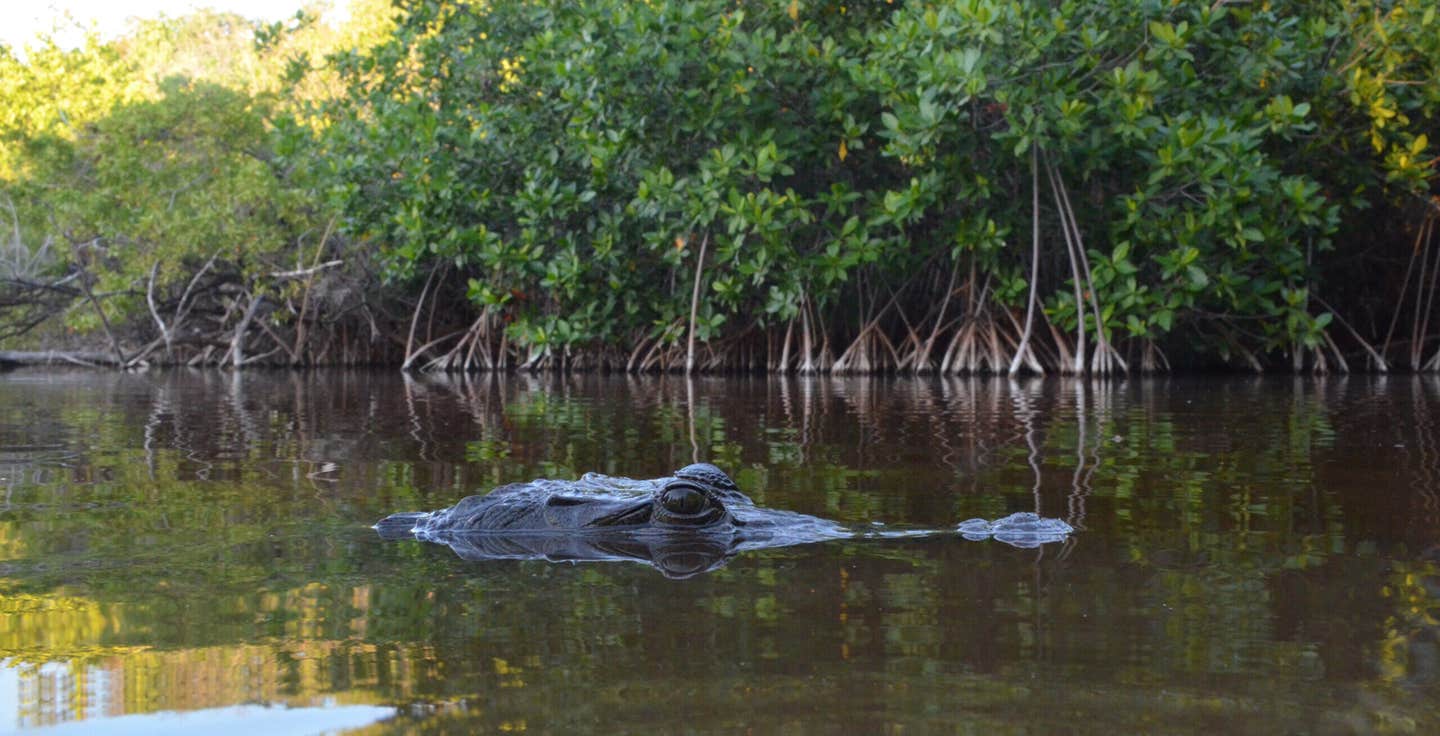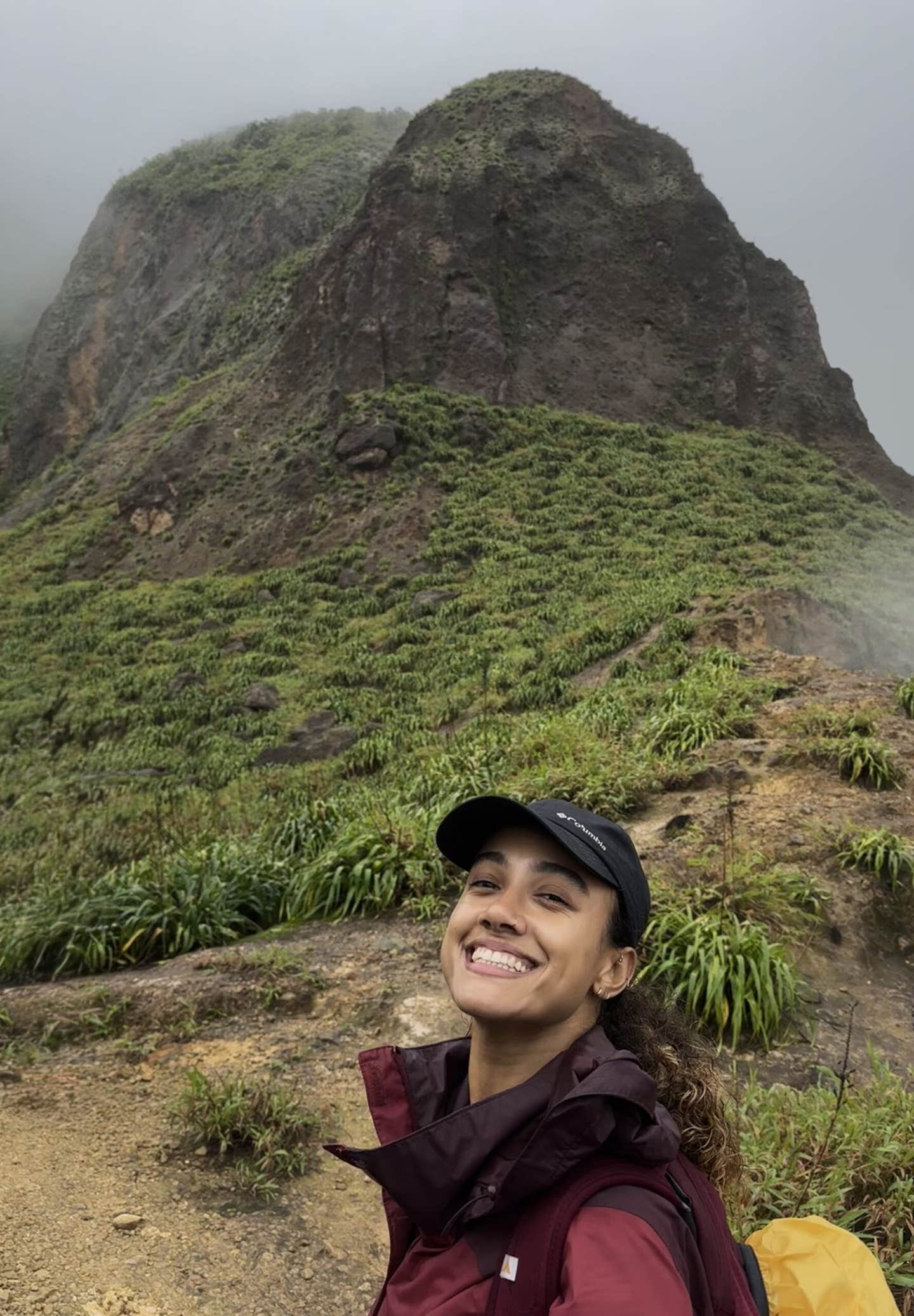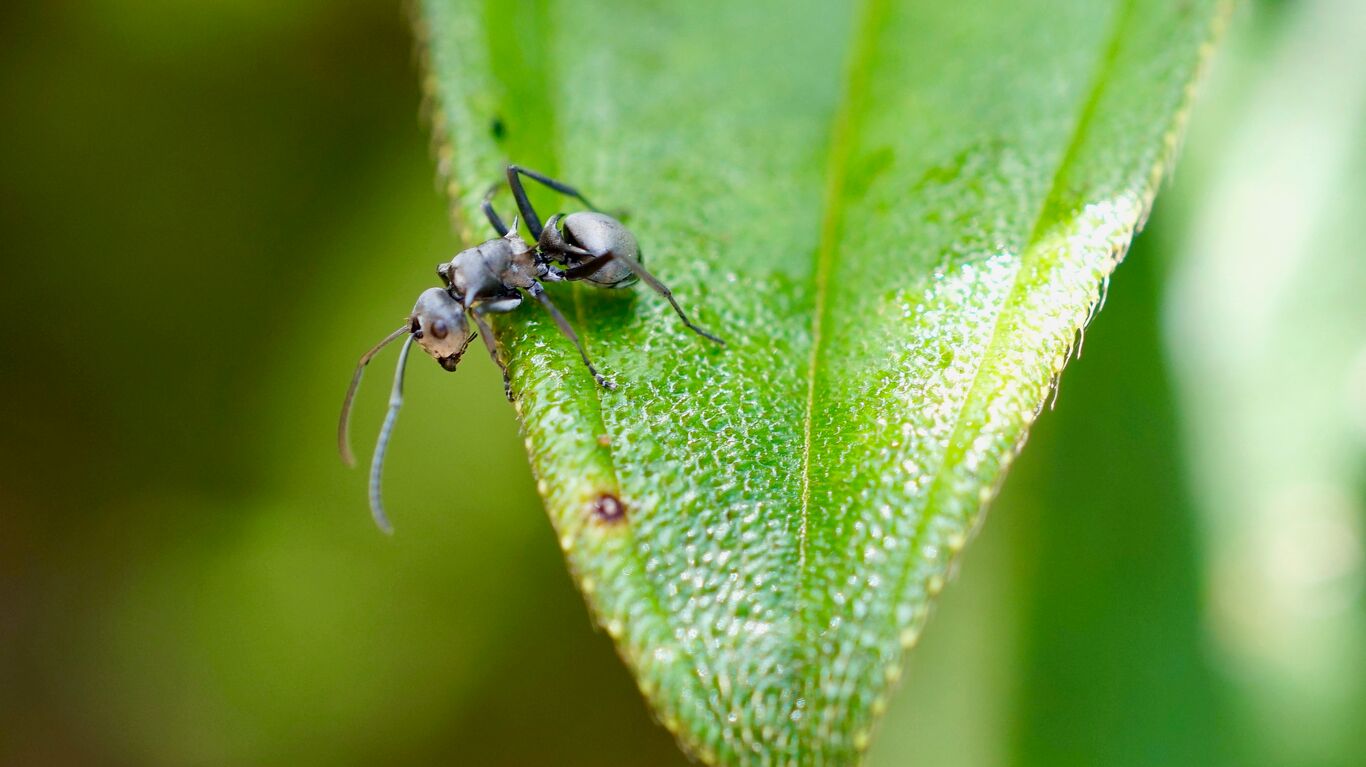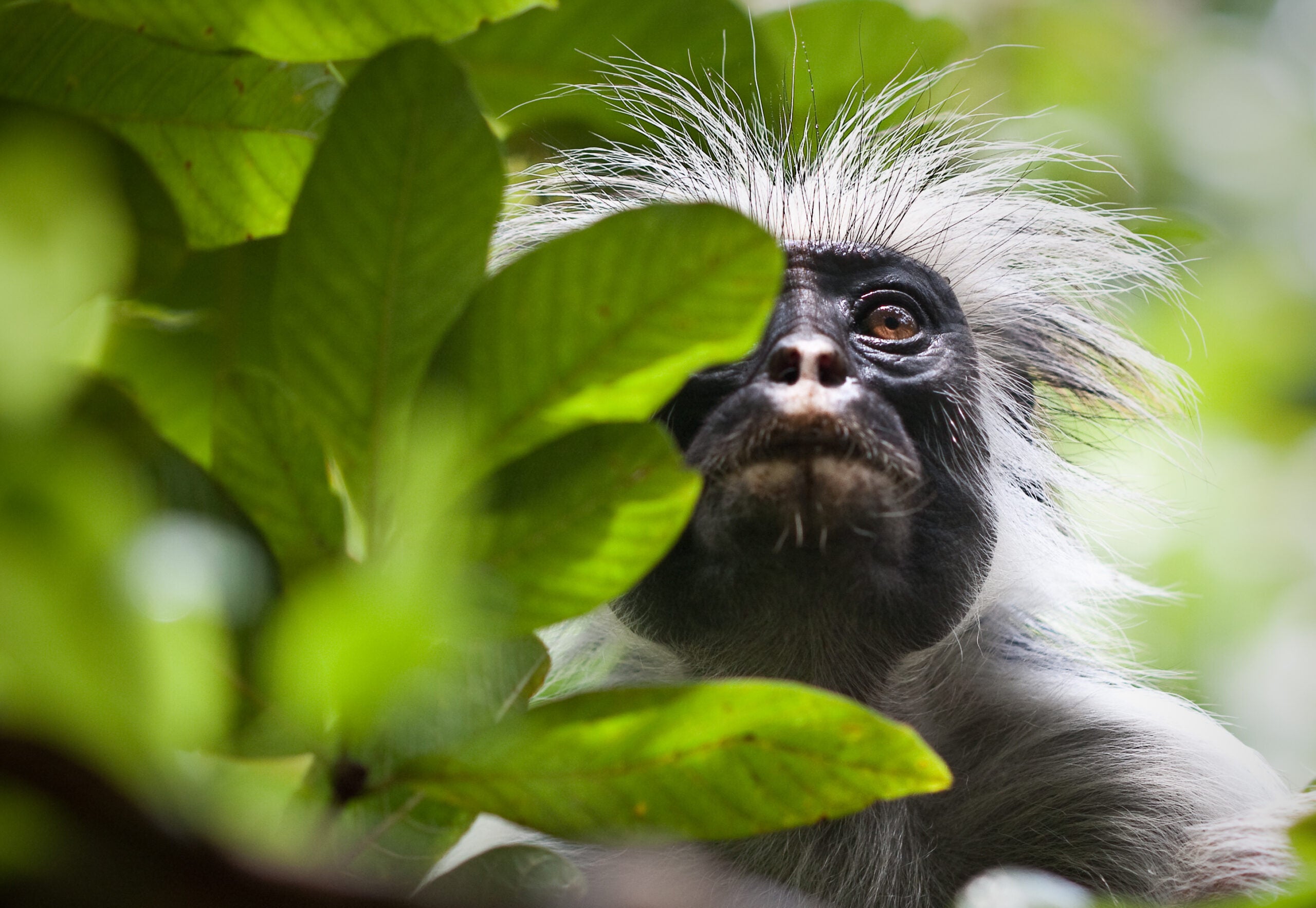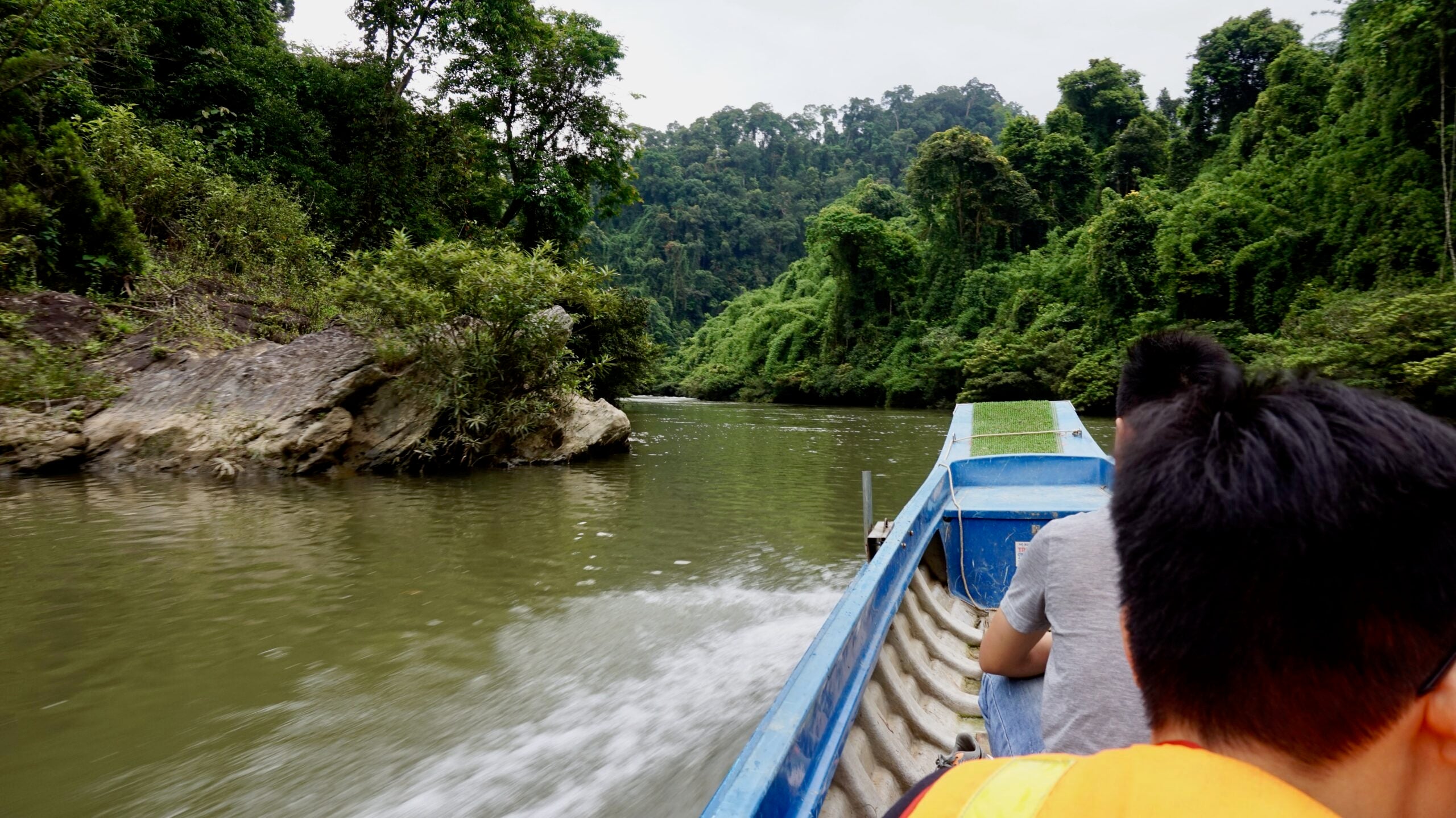Education
MPhil Zoology, University of the West Indies, Mona Campus
B.Sc. Wildlife Conservation, University of Kent
As the Caribbean Program Assistant, Treya supports wildlife projects in collaboration with partners to strengthen conservation efforts across the region. She is a wildlife conservation biologist based in Jamaica who has led national efforts in research, conservation, and wildlife management.
For the first six years of her career, Treya served as an environmental officer at the National Environment and Planning Agency (NEPA), where she was responsible for the management and conservation of Jamaica's protected fauna. During this time, she spearheaded the first island-wide American crocodile assessment; a two-year collaborative project that determined the species conservation status. Other highlights of her work include coordinating activities under the Jamaican Iguana Recovery Group, strengthening national capacity in wildlife response, countering wildlife crime and building public awareness through various platforms. Over time, she has developed strong working relationships with communities, government and non-government organizations and scientists at both local and international levels. Treya has also provided environmental consultancy for international film productions, conservation programs and community education projects.
Treya is the founder of the JamCROC Initiative, a project that promotes the safe coexistence of people, crocodiles, and wetlands in Jamaica through collaborative research, outreach, community engagement, and training. She is also a member of the IUCN SSC Crocodile Specialist Group.
She enjoys hiking, running, travelling, herping and trying to keep up with her high-energy labrador.
Publications
Picking, T. A., Tellez, C.M., Brown, J.C and Duperrouzel, M. (2022) Crocodylus acutus (American Crocodile). Ectoparasitism. Herpetological Review 53(3): 494 – 495.
Explore Re:wild
Dive deeper into our people, mission, and opportunities to get involved.
